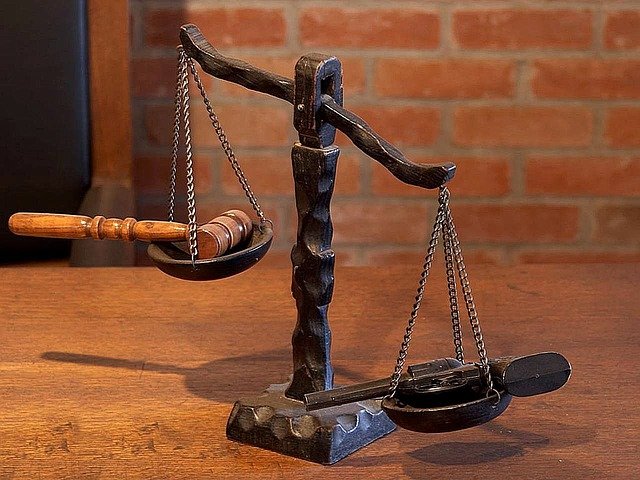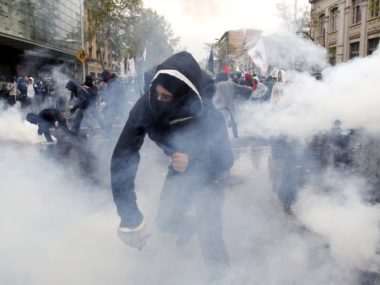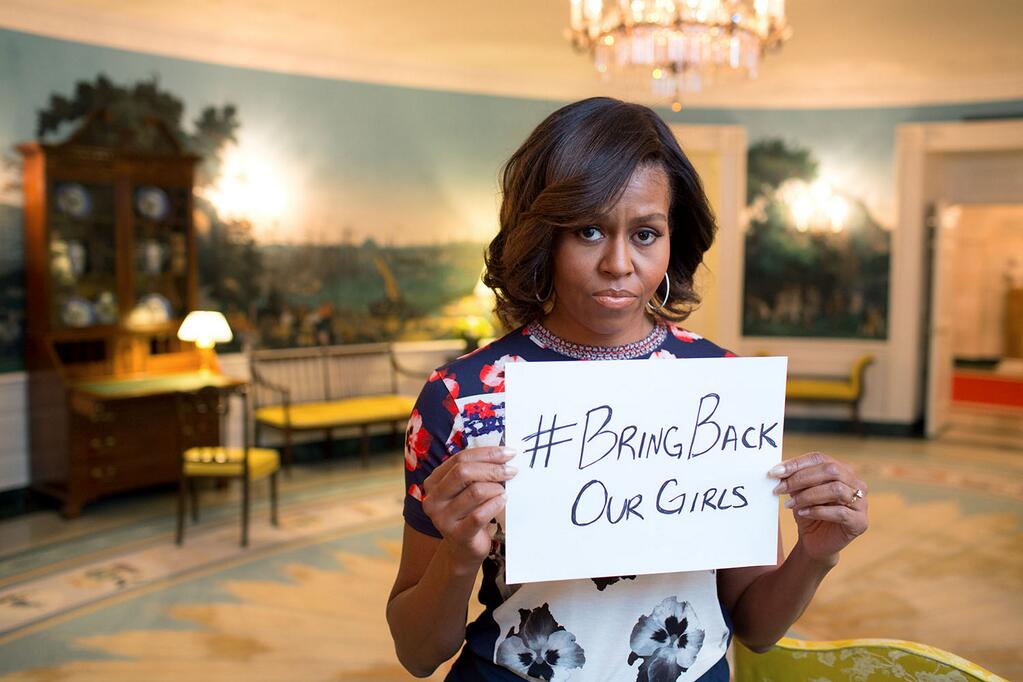Guest post by Hannah Baron
Human rights organizations and advocates continue to decry the lethal war against crime and due process violations across Mexico. At the same time, many Mexican citizens increasingly claim that “human rights only protect criminals” and pose threats to their security.
The term “human rights” has long been a catch-all representing what pro-democracy citizens demand from authoritarian governments, from due process to freedom of assembly, association, and expression. But despite its ostensibly benevolent and universal application, the term “human rights” has an increasingly bad reputation—even in democracies. Far from being universally endorsed, basic human rights are the subject of intense public debate over who is, and who should be, protected by the state. For example, in a national phone survey I fielded in Mexico in early 2021, about 58 percent of Mexicans disagreed with the statement: “the human rights of criminals deserve to be protected by the government,” whereas about 37 percent agreed (5 percent did not respond).
Why aren’t human rights supported by the very citizens who would benefit from their protections?
For many people who live in communities affected by crime, human rights are viewed as a tool to protect perpetrators of violence at the expense of ordinary citizens. Human rights, in other words, are often perceived as tantamount to impunity for perpetrators, rather than as redress for impunity, as they were commonly understood in transitions out of authoritarian regimes.
In-depth interviews and discussion groups conducted during my fieldwork in the Mexican state of Michoacán suggest there are three causes of the public backlash against human rights protections. First, many citizens think that rights-enhancing laws constrain authorities to the detriment of public safety, in particular by increasing evidentiary requirements to hold perpetrators accountable. Second, others believe that accused criminals perversely use human rights—particularly due process rights—to evade consequences and intimidate victims and authorities.
As one interviewee remarked: “Here criminals always have the excuse that [authorities] are violating their rights. By just mentioning human rights the authorities soften. [Criminals] do not mind violating the human rights of the victims but they’re bothered because they say their rights are violated.”
The third cause of public backlash against human rights is that many citizens think laws punish the wrong people. Instead of punishing accused criminals, human rights laws are often perceived as more likely to punish people engaged in what they believe is legitimate self-defense. Overall, a significant proportion of the public believes that human rights reduce the ability of victims to seek redress, in environments where justice is already rarely achieved.
In theory, citizen protection from arbitrary abuse and punishment is a fundamental guarantee of democratic governance. Yet, the popularity of harsh and even extralegal responses to crime across the globe shows how citizens often sideline human rights in exchange for promises of security. In Mexico, recent constitutional reforms improve rights for people accused of crimes, including greater protections against arbitrary detentions, higher standards for evidence, and stronger laws against the use of torture to obtain confessions. But while protections have improved on the books, practices that undermine due process rights—like militarized policing and vigilante crime control—have also expanded with significant public support.
The backlash against human rights is not unique to Mexico. Scholars have documented rights backlashes and the appeal of vigilante “justice” in other democracies too, as well as the incentives for politicians to allow police violence to go unchecked. Viewing rights and security as a trade-off has helped justify repression in democracies and autocracies, during both domestic and international counterterror campaigns in the United States, Latin America, and elsewhere. This view of a trade-off between rights and security is now increasingly common in criminal wars. Decades after the so-called “Third Wave” of countries transitioned to democracy from dictatorship in the late 1970s through the 1990s, many citizens and elites believe human rights protections are too permissive for the accused, and that violations of human rights are acceptable and effective methods to suppress criminal violence. Research from Latin America shows that peoples’ commitment to seeking justice via legal or extralegal means depends on whether they have been exposed to violence and the degree to which they trust the government. Negative perceptions of human rights further weaken citizens’ faith in legal mechanisms to deliver justice.
The backlash among ordinary citizens to human rights protections—which would ostensibly protect them from state abuse—may seem puzzling. But in places where violence and crime are common, where perpetrators of violence are thought to use “human rights” as a shield against accountability, and where faith in formal justice systems is low, the lofty aspirations of constitutional reforms aren’t likely to be compelling. Human rights may therefore face challenges, not only from state authorities accustomed to authoritarian methods of control, but also from citizens themselves. How can criminal justice policies aimed at protecting due process gain public support in contexts of ongoing conflict? Policymakers need to actively cultivate public support for human rights reforms in contexts of high violence and may stand to gain the most public buy-in by showing that these laws actually work at tackling impunity and reducing crime victimization.
Hannah Baron is a PhD candidate in Political Science at Brown University. She is a Predoctoral Fellow at the Center for US-Mexican Studies, UC San Diego and a Peace Scholar Fellow at the United States Institute of Peace (2021–22).






